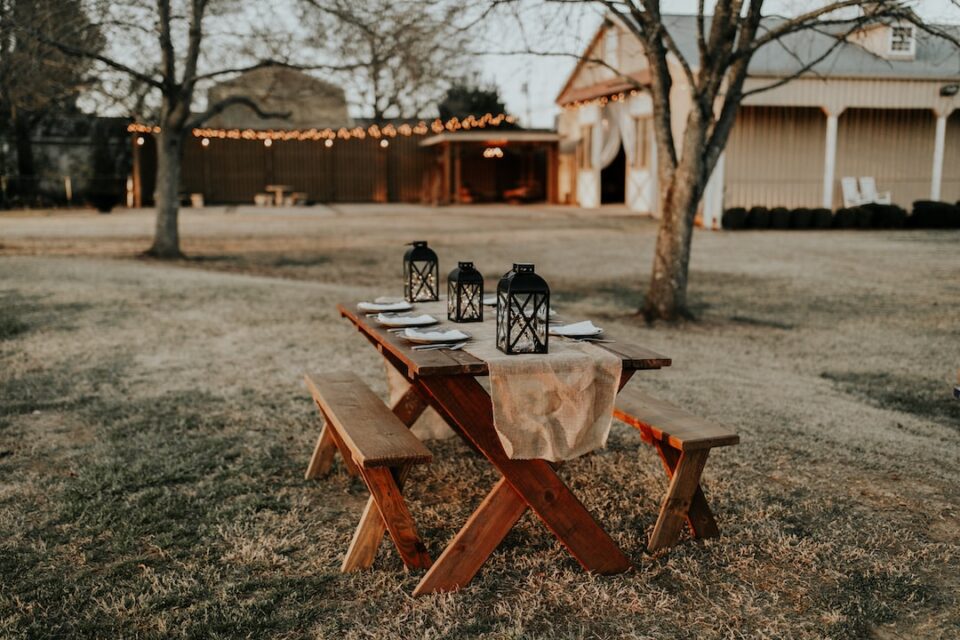Survival Skills: Essential Knowledge for Outdoor Enthusiasts
Are you an outdoor enthusiast who loves exploring the wilderness? Whether you are planning a weekend camping trip or a long hiking expedition, it is crucial to equip yourself with some essential survival skills. Nature can be unpredictable, and being prepared for any situation can make all the difference between an enjoyable experience and a life-threatening one.
In this blog post, we will discuss some of the essential survival skills every outdoor enthusiast should know. These skills will not only keep you safe but also enhance your overall outdoor experience.
1. Navigation: One of the most important skills to have is the ability to navigate through the wilderness. Knowing how to read a map and use a compass can help you find your way back to civilization, even in unfamiliar terrain. Familiarize yourself with basic map reading skills, such as understanding topographic features, contour lines, and symbols. Additionally, consider learning how to use a GPS device or smartphone apps for navigation purposes.
2. Shelter Building: Finding or creating shelter is crucial in extreme weather conditions or unexpected emergencies. Learn how to build a basic shelter using natural materials like branches, leaves, and rocks. A well-constructed shelter can keep you dry, warm, and protected from the elements. Practice building different types of shelters in various environments to gain confidence and efficiency.
3. Fire Starting: Fire is not only essential for warmth but also for cooking food and signaling for help. Be sure to carry waterproof matches or a lighter with you at all times. Additionally, learn alternative fire-starting methods like using a flint and steel or friction-based techniques like the bow drill. Practice starting fires in different weather conditions and gather knowledge about the best fire-starting materials available in your surroundings.
4. Water Procurement: Knowing how to find and purify water is vital for survival. The human body can only survive a few days without water, so it is crucial to find a clean water source. Learn how to identify potential water sources in the wilderness, such as streams, rivers, and lakes. Familiarize yourself with various water purification methods like boiling, using water filters, or chemical treatment. It is always a good idea to carry a reliable water filter or purification tablets in your backpack.
5. First Aid: Accidents and injuries can happen even in the safest outdoor environments. Basic first aid skills can make a significant difference during emergencies. Learn how to administer first aid for common injuries like cuts, sprains, burns, and insect bites. Carry a well-stocked first aid kit and learn how to use each item effectively. Taking a first aid certification course can provide you with in-depth knowledge and confidence in handling medical emergencies.
6. Food Foraging: While carrying enough food for your outdoor adventure is important, knowing how to identify edible plants in the wild can come in handy. Learn about the plants and berries that are native to your area and are safe for consumption. Be cautious about potential poisonous plants and always double-check your findings before eating or drinking anything from nature.
7. Wildlife Awareness: Feeling at home in the wilderness means understanding the behaviors of the wildlife that inhabits it. Educate yourself about the wildlife species that are likely to be encountered in your location. Learn how to identify animal tracks, signs of their presence, and their typical behavior. This knowledge can help you avoid potentially dangerous encounters with animals and ensure your safety.
8. Mental Preparedness: Surviving in the wilderness requires mental strength and preparedness. Practice building resilience and remaining calm in stressful situations. Learn stress management techniques and develop a positive mindset. Additionally, inform someone about your outdoor plans and expected return time before heading out. This way, if something goes wrong, help can be notified sooner rather than later.
Remember, survival skills are not exclusive to extreme expeditioners or adventure enthusiasts. Anyone who spends time enjoying the great outdoors should equip themselves with this essential knowledge. By being prepared and knowledgeable, you can have a safer and more enjoyable outdoor experience. So, before your next excursion into the wilderness, take the time to learn and practice these survival skills that could potentially save your life.

